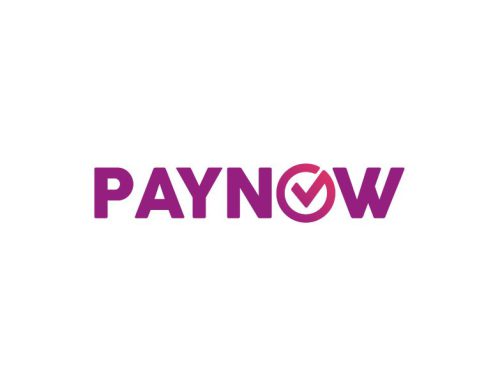The Payment Services Act 2019 (PS Act) came into force on the 28th of January 2020. It provides a framework for the regulation of payment systems and payment service providers in Singapore. According to the Monetary Authority of Singapore (MAS) the PS Act provides for regulatory certainty and consumer safeguards, while encouraging innovation and growth of payment services and FinTech.
The PS Act regulates seven activities
- Account Issuance Services
These are services that issue a payment account or relate to the operations required for operating a payment account. Common examples are e-wallets and credit cards not issued by a bank. - Domestic Money Transfer Services
These are services that provide fund transfers within Singapore. Common examples are payment gateway services. - Cross-border Money Transfer Services
These are services that provide for inbound and outbound fund transfer remittance services in Singapore. - Merchant Acquisition
This is where a service provider receives and processes payments for a merchat. Common examples are point-of-sale terminals or payment gateway portals. - Electronic Money Issuance
These are services that allow for the issuance of e-money in Singapore. This e-money can be transferred or be used to pay merchants or other individuals. Such e-money are stored in e-wallets. - Digital Payment Token Services
These are services that provide for the buying and selling of digital payment tokens or to provide a platform for the buying and selling of digital payment tokens. Common examples are cryptocurrencies and cryptocurrency trading platforms. - Money Changing Services
This provides for the buying and selling of foreign currency notes in Singapore. This includes moneychangers.
If your business offers one of the above services listed in the PS Act, you will require one of the following three licences.
- Standard Payment Institution Licence
Monthly average thresholds in one calendar year:
– Payment transactions of up to SGD$3 million for any payment service; or
– Up to SGD$6 million for two or more payment servicesFor e-money issuance services, the service providers will need a Standard Payment Institution Licence if they issue an average daily e-money float of up to SGD$5 million over a calendar year. - Major Payment Institution Licence
Monthly average in one calendar year exceeds:
– SGD$3 million for one payment service; or
– SGD$6 million for two or more payment servicesFor e-money account issuance services or e-money issuance services, the service providers will need a Major Payment Institution Licence if they exceed an average daily e-money float of up to SGD$5 million over a calendar year. - Money Changing Licence
If the business does not have a Standard Payment Institution Licence or a Major Payment Institution Licence and is in the business of carrying out money changing services, it must apply for a Money Changing Licence.
All payment services are prohibited from granting any credit facility to any person in Singapore. If the licence holder does not comply with this prohibition, they will be guilty of an office and liable upon conviction of a fine up to SGD$250,000 and a further fine of up to SGD$25,000 for each day the offence continues after the conviction.
If you are a company looking to apply for any one of these licences, our firm can assist with the application.
When in doubt, seek legal advice or consult an experienced ACRA Filing Agent.
Yours Sincerely,
The editorial team at Singapore Secretary Services
For more useful articles and videos, visit the Singapore Secretary Services resource page.
If you would like to submit a question or would like us to do an article on certain topics, please email us at [email protected].
Related articles:
New Payment Services Act to strengthen consumer protection, promote confidence in e-payments: MAS







[…] the implementation of PayNow Corporate, retail customers of participating banks can now seamlessly transfer funds to Entities, and vice […]